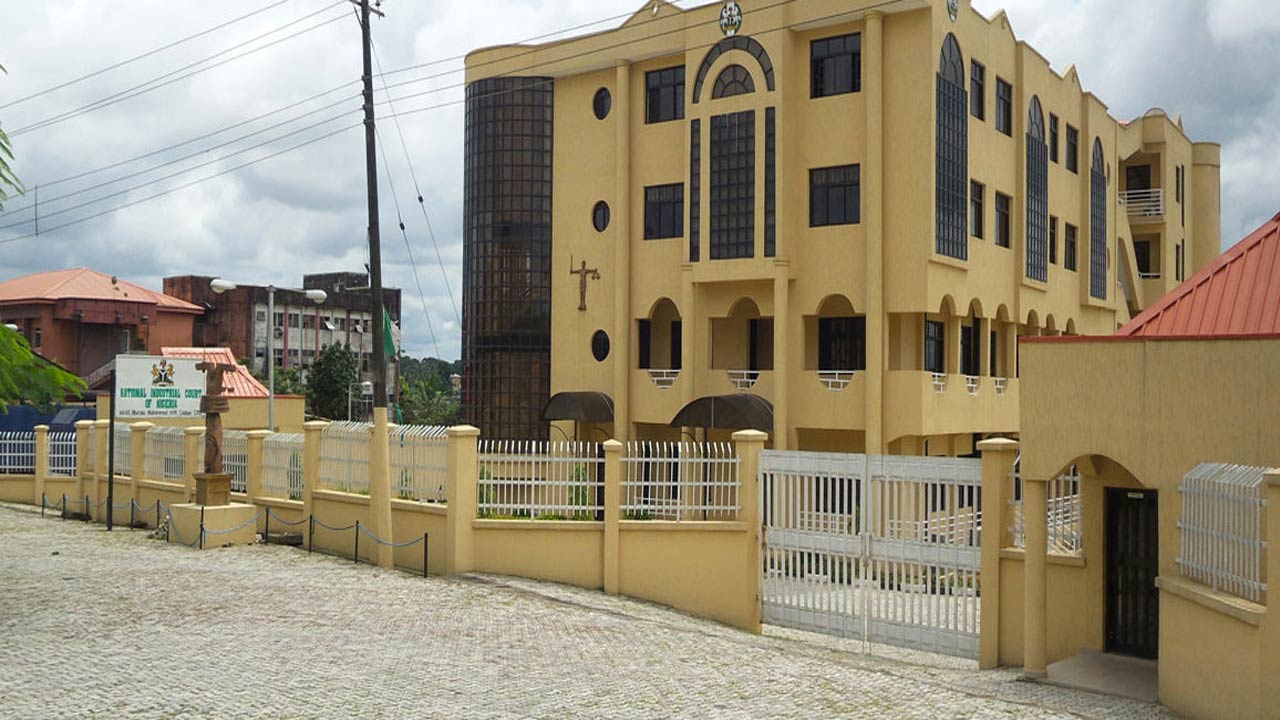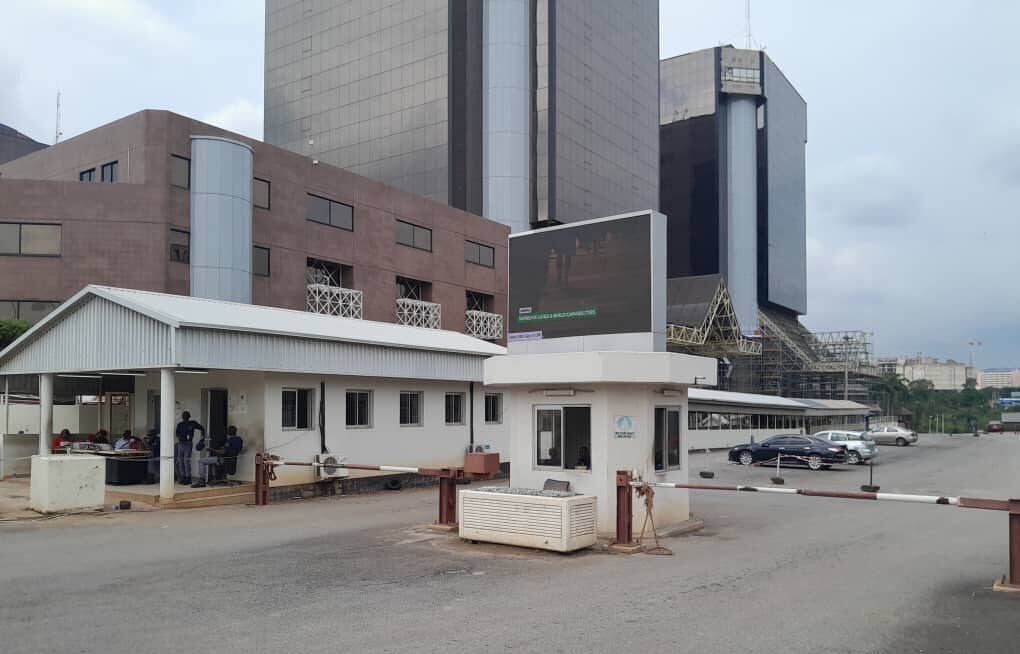Stories by Emmanuel Addeh in Abuja
The Nigeria Extractive Industries Transparency Initiative (NEITI) has unveiled an actionable reform agenda to reposition Nigeria’s solid minerals sector from a neglected contributor of less than 1 per cent of Gross Domestic Product (GDP) into a powerhouse for economic diversification, jobs, and sustainable community development.
For decades, Nigeria’s solid minerals sector has underperformed despite its vast potential. NEITI’s latest audit shows revenues of N401.87 billion in 2023, representing only 0.83 per cent of GDP, a statement by the organisation’s spokesperson, Obiageli Onuorah, said.
Weak laws, illegal mining, smuggling, outdated governance, and neglected host communities have kept the sector stagnant while global demand for green-energy minerals — lithium, cobalt, nickel surges.
“The time for lamentation is over. If we fail to act boldly and immediately, others will transform their mineral wealth into prosperity while Nigeria watches,” warned the Executive Secretary of NEITI, Dr. Ogbonnaya Orji.
The transition to clean energy has made Nigeria’s mineral resources, from lithium to rare earths, more valuable than oil. With decisive reforms, Orji said the sector can attract billions in investment, generate massive revenues, create quality jobs, especially for youth and women, and bring visible development to host communities.
NEITI called on the federal government and the National Assembly to seize this historic moment by: Passing a New Solid Minerals Reform Act within 12 months; creating a National Minerals Development Council chaired at the presidency and launching a real-time mining cadastre portal for transparent, digital licensing.
Among others, it also urged the authorities to embed Free, Prior & Informed Consent (FPIC) into law for host communities and strengthen the Solid Minerals Development Fund to finance schools, roads, and hospitals.


